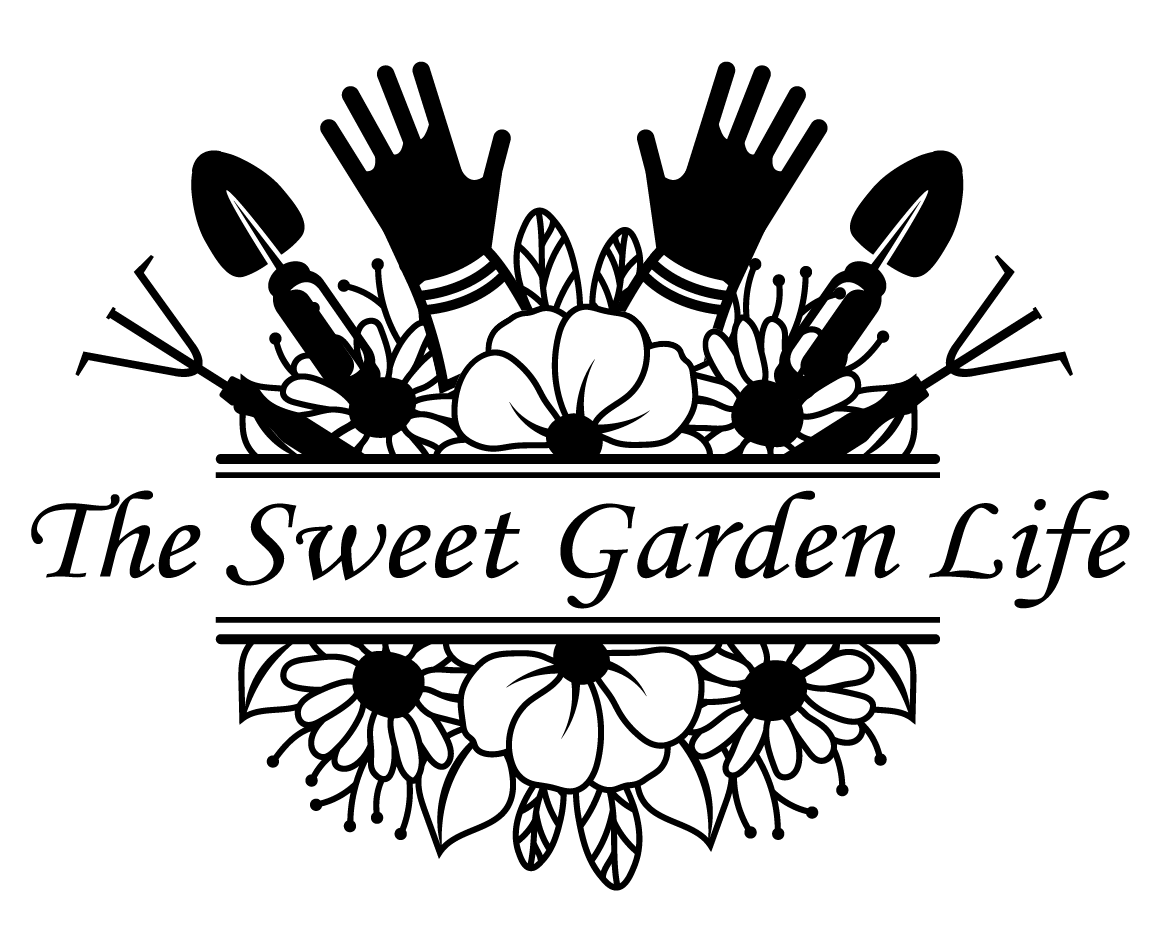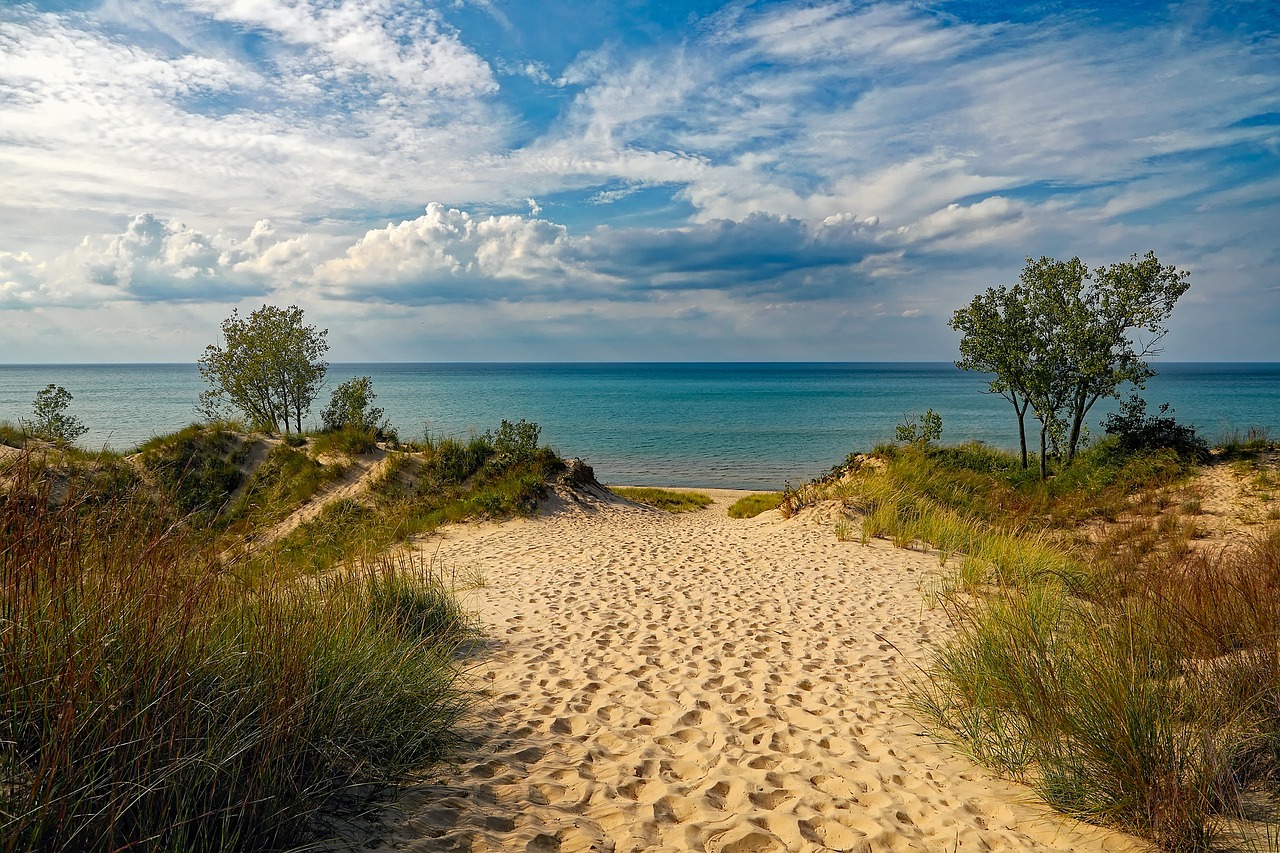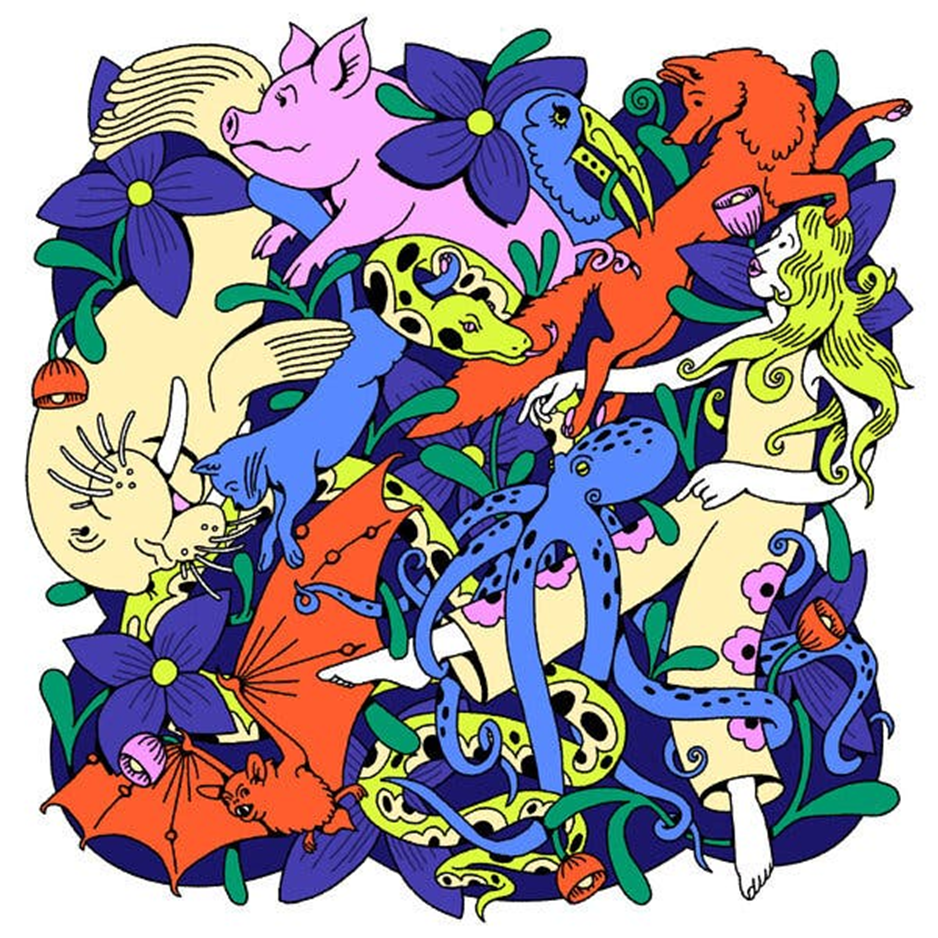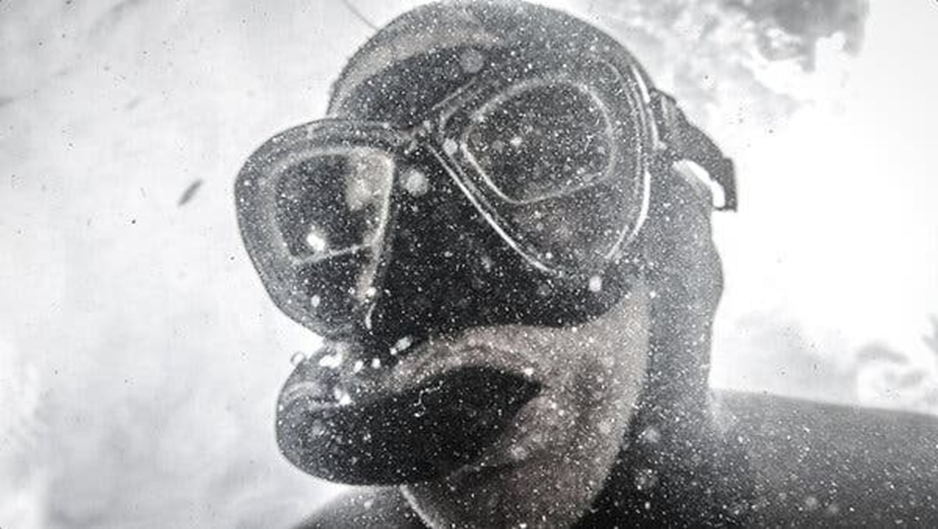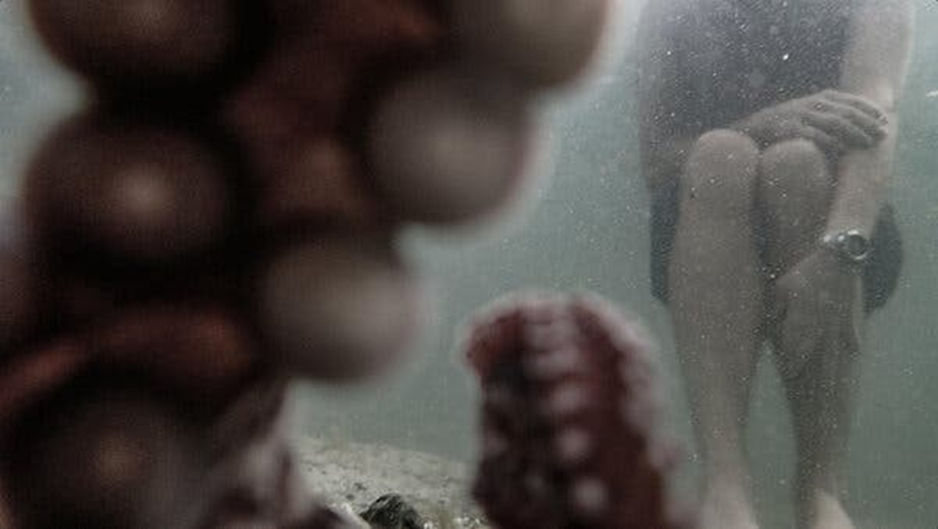To me, everyday is Earth Day. I have loved the beauty of nature all my life. As a young girl I remember taking long walks with my Dad through fields of wild blueberries and pear orchards. As a family we visited many parks throughout the east coast while traveling to Florida to visit my aunt. While in Florida we experienced ocean creatures as we strolled through the shallow waters of Matheson Hammock Park Marina. Back then it was not a marina but a cove in which we would go swimming amongst tiny creatures of the sea. At one point I thought of becoming a marine biologist, but life lead me in a different direction.
Indiana Dunes State Park/ Pixabay
The Beauty of Nature/Earth Day
Nature fascinates me not only as beauty on earth, but as beauty in the sky. I enjoy the white puffy clouds, and wispy cirrus clouds along with heavy cumulus clouds filled with lightening and thunder. Actually I was once given an opportunity to be a weather forecaster for a TV station out of Philadelphia. But again, life lead me down a different path.
Gardening has always been in my blood. I had wonderful mentors, including my grandfather from Italy, my parents, and my aunt in Miami. I cannot imagine living in a world without the beauty of nature surrounding me. So yes, Earth Day is extremely important to me and I believe every day is and should be celebrated as Earth Day.
An Opinion From Craig Foster of the New York Times
I’d like to share an opinion from Craig Foster of the New York Times explaining his idea of Earth Day. He has an interesting take on what we can do to help our earth. Instead of “saving our planet” he feels we should all challenge ourselves to “reconnect with the wild”. By reconnecting with the wild we can learn how to reverse the effects of our practices on earth which have caused significant declines in both flora and fauna species.
I hope you take the time to read this very interesting article…..and as a side bar, please watch Mr. Foster’s film, “My Octopus Teacher”, which won the Academy Award for best documentary feature in 2021.
GUEST ESSAY
An Octopus Took My Camera, and the Images Changed the Way I See the World
April 22, 2024
Credit…Maddie Fischer
By Craig Foster
I was gifted with a new way of seeing the day I got mugged underwater. I had been filming creatures living in the Great African Sea Forest off the coast of South Africa about a year ago when my camera was grabbed straight out of my hands by a young octopus thief. Wrapping her arms around her bounty, she zoomed backward across the ocean floor.
This was not the first time I’d found myself at the mercy of an eight-armed robber. A couple years earlier, another curious octopus stole the wedding ring off my wife’s finger, never to be recovered. Octopuses love novel shiny things. Peering into their dens, I’ve found earrings, bracelets, spark plugs, sunglasses and a toy car with a revolving cylinder that the octopus spun round and round with its suckers.
As I wondered how to get my camera back without alarming my young friend, something surprising happened. She turned the camera around and began to film my diving partner and me.
The intriguing images she captured — videos of her own arms draped over the camera lens with our bodies in the background — had a profound effect on me. After many years filming octopuses and hundreds of other animals that call the Sea Forest home, for the first time I was seeing the world — and myself — from her perspective.
We must have looked strange to her in our masks and with our underwater flashlights. But in that moment I remembered that despite all our technology, we are not so different from our animal kin. Every breath of air, every drop of water, every bite of food comes from the living planet we share.
Credit…The octopus, via Craig Foster
Monday is Earth Day, and I am tempted to ask myself how humanity can save our wild planet and undo the devastation we have unleashed upon the natural world. Where I live, in the Cape of Good Hope, I am privileged to be surrounded by nature, but we are grappling with pollution and dwindling numbers of shellfish, fish, raptors and insect species. Worldwide, we are at a tipping point with an estimated 69 percent decline in wildlife populations.
When I consider the vast network of living creatures on earth, it’s clear that “saving the planet” is the wrong goal. Unless earth gets obliterated by an asteroid or experiences some similar catastrophic event, the planet could go on for several billion years. But without the biosphere that makes it possible for us to eat and breathe, humanity could not survive.
The question we should be asking is what caused the precipitous increase in species loss and what can we do to reverse it. To me, it all started when we disconnected from our wild origins. While agricultural and technological revolutions have enabled massive population growth and innovation, they have also instilled the belief that we can control nature, that our planet is an infinite resource to be mined for our advancement, comfort and entertainment.
Today 56 percent of the world population lives in urban areas, a percentage expected to grow to nearly 70 percent by 2050. That means that more than half of us are cut off from reminders that we are still part of nature and utterly dependent on its health. It’s only when something truly devastating happens, like the recent flooding in Dubai, that we remember that even the greatest human advancements can be brought to a standstill by nature’s power.
I am not calling for us to leave all modern comforts behind, just pleading for us to get to know nature better, rather than trying to “save” her.
Credit…The octopus, via Craig Foster
In the last decade I have taken more than 4,000 dives in the Sea Forest. My encounters with mollusks, sharks and jellyfish there have convinced me that there is much we will lose if we do not value the tremendous abundance of life on earth.
We do this first by protecting biodiversity hot spots and by restoring degraded ecosystems; the enormous regenerative power I see every day in nature is what gives me hope for the future. It also means learning from and supporting Indigenous people who protect 80 percent of the world’s biodiversity and who have, over millenniums, developed many innovative ways to live with the land and sea. One promising example of partnership is a recent grant from the National Science Foundation to support collaboration between Indigenous ecological knowledge and Western science.
Activities that cause long-term destruction of the sea and earth, such as strip mining, deep sea mining and industrial trawling, need to be halted immediately. Farming methods have to change, with greater emphasis on soil recovery and regeneration. We must continue to find alternatives to fossil fuels and push for a worldwide reduction in the production and use of plastics.
But each of us has a role to play, too; it starts with challenging ourselves to reconnect with the wild. So much of our modern world seems designed to tame us: to dull our minds, to separate us from the natural world, to convince us that what will help us survive is more consumption.
Like my octopus friends, we fill our houses with shiny new things. But our piles of stuff are much bigger, and the cost of acquisition much greater.
We can break free of this tame conditioning. When we dedicate even just a few minutes per day to observing wild creatures on their own terms, in their own homes — regardless of where we live — we connect with the concept of biodiversity not simply on an intellectual level but also on an emotional level. We see the world differently — and ourselves, too.
How strange it is that one silly primate can see itself as separate from all those it shares this world with. What might happen if we remembered we are a part of this wild world — and let that understanding and humility guide every choice we make?
Jane Goodall’s Take on Earth Day
To reinforce the challenge to reconnect with nature, watch this Instagram reel from Jane Goodall. If anyone knows how to connect with the wild, she sure does!
Reflecting on the Meaning of Earth Day: A Personal Perspective
I feel I could be one of these pioneering advocates for our planet, but realistically I am just a gardening blogger who feels passionate about our environment. I suppose that’s one of the main reasons I started this blog…to share with others the beauty of our planet.
Pease do not take our world for granted. Do not use it as a giant garbage can. I see so much trash along the highways from those who throw their garbage out of their car window and more trash just lying in front of people’s homes.
Recycle as much as you can including through composting and using cloth napkins rather than paper. (Click here for more information from the World Wide Fund for Nature.) And take in all the joys this beautiful world has to offer. Why not go for a lovely walk in a park today? Unplug and just listen to the wind flowing through the leaves, the water trickling down a stream, and the beautiful birdsongs that surround us. It will definitely relax you and put a smile on your face.
I hope you enjoyed this post. Please leave a comment below and share this with your friends and family.
Happy Gardening,
Nina
